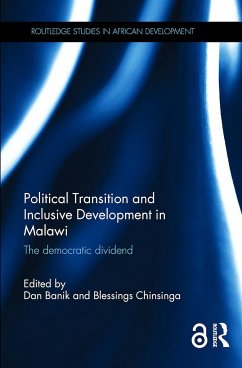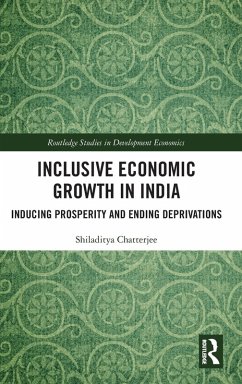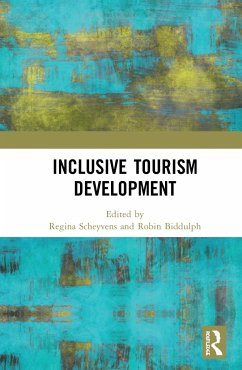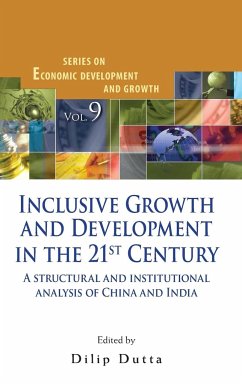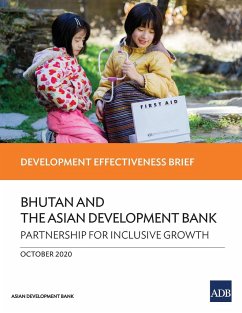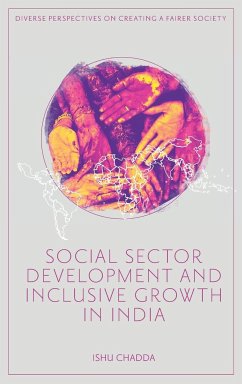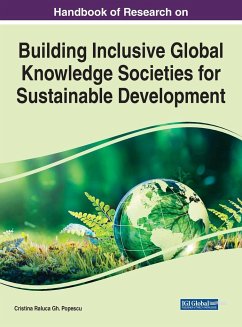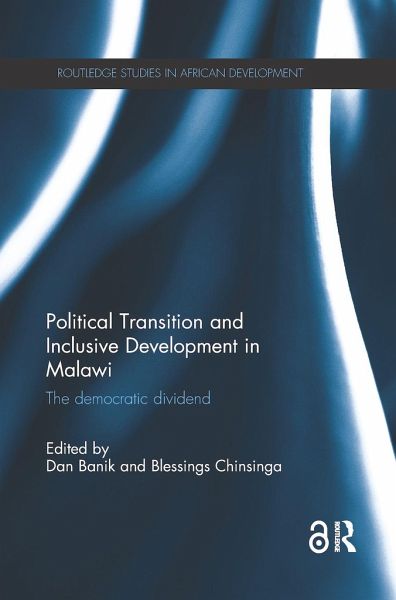
Political Transition and Inclusive Development in Malawi
The democratic dividend
Herausgeber: Banik, Dan; Chinsinga, Blessings

PAYBACK Punkte
32 °P sammeln!
Malawi is among the few countries in sub-Saharan Africa that has witnessed significant improvements in relation to meeting the Millennium Development Goal (MDG) targets. It exhibits some of the main challenges facing African democracies while they attempt to consolidate the benefits of democratisation. Political Transition and Inclusive Development in Malawi critically analyses opportunities and constraints related to the impact of democracy on development in one of the world's poorest countries. The book explores how, and to what extent, processes related to democratic and economic governance...
Malawi is among the few countries in sub-Saharan Africa that has witnessed significant improvements in relation to meeting the Millennium Development Goal (MDG) targets. It exhibits some of the main challenges facing African democracies while they attempt to consolidate the benefits of democratisation. Political Transition and Inclusive Development in Malawi critically analyses opportunities and constraints related to the impact of democracy on development in one of the world's poorest countries. The book explores how, and to what extent, processes related to democratic and economic governance can be strengthened in order to make political and administrative authorities more responsive to development needs. It also considers characteristics of successful implementation of public policy and the effective and timely delivery of basic services in local contexts; increased citizen participation and dialogue with local government authorities; factors that enable civil society organisations to hold political and administrative officials to account; and better utilisation of academic research for improved evidence-based policy formulation and implementation. This volume will be of great interest to scholars in development studies, African studies, politics, law and anthropology, as well as policymakers and those interested in democracy, governance, human rights and the implementation of anti-poverty programmes, development administration and decentralisation.





